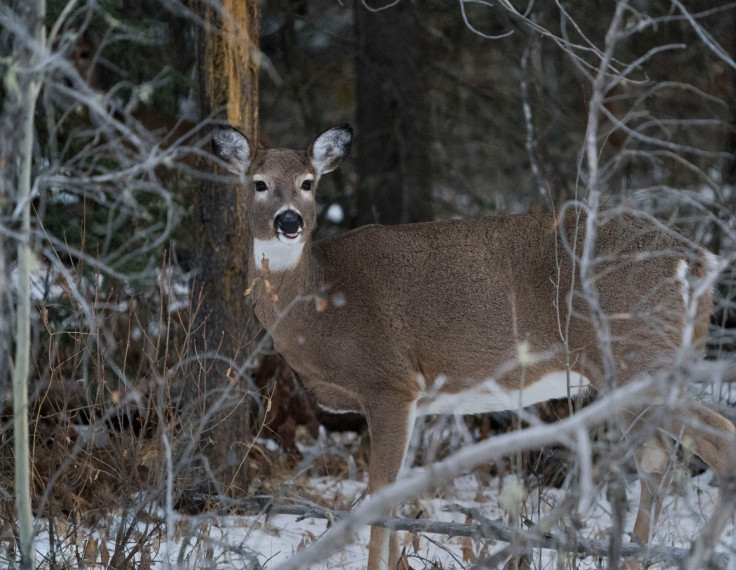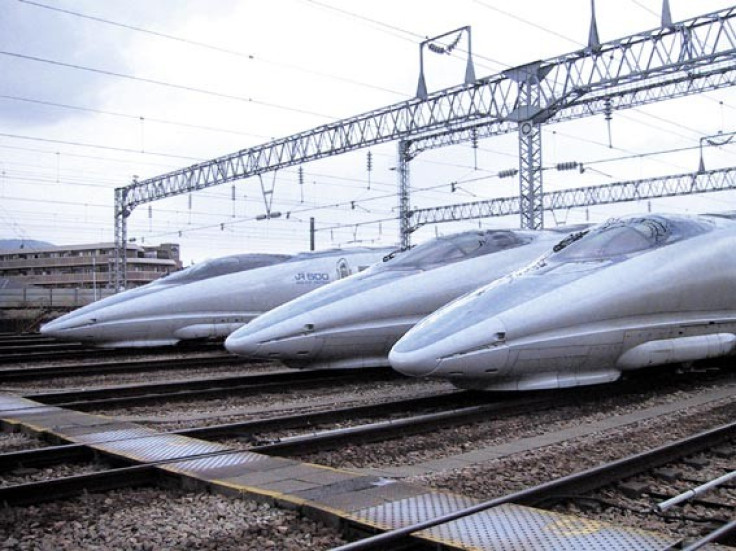Japan's plan for cutting animal deaths on the nation's railways is totally barking mad

KEY POINTS
- Deer snorts followed by dog barking noises are enough to warn off herds of deer near rail lines.
- Japan's Railway Technical Research Institute came up with the ingenious plan.
- The study claims it will cut animal deaths on railway lines by up to 45%.
Japanese trains will be fitted with speakers that bark like dogs and snort like deer as part of plans to reduce the number of wild animal deaths on the nation's railways.
Moving trains that blast the combination of familiar sounds are able to scare off herds of deer and other animals, according to researchers at the Railway Technical Research Institute (RTRI).
In their pilot study, scientists found that a short three-second burst of deer snorts, followed by 20 seconds of dog barking, significantly reduces deer spottings on train journeys taken in the evening or late at night – the time of day they are most active.
Wild deer communicate incoming danger to others through a series of short and shrill snorts and mimicking this behaviour is thought to increases the chance of alerting them to oncoming trains. Researchers believe combining this with threatening "deterrent noise," such as dog barks, will scare them off in greater numbers compared with other methods.
Results from the tests have been impressive: deer sightings have dropped by up to 45% and the animals were recorded 7.5 times per 100km from aboard the trains.
RTRI says it will undertake long-term research to further investigate the effects and even hinted that the process could be automated in the future to pre-emptively sound in areas where there is a known deer presence or sites of previous accidents.
"If our new contraption works, that will obviate the need for installing anti-trespass facilities at many locations," said one RTRI official. "We hope to finish it into a system that works in mountainous areas and elsewhere so railroad companies will want to introduce it."
Deer are attracted to railway tracks in part because they contain iron, something their normal diet lacks.
In 2016, there were 613 incidents involving deer and wild animals that caused rail journeys to be delayed by over 30 minutes, an increase of 183 from the previous period.







